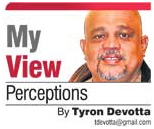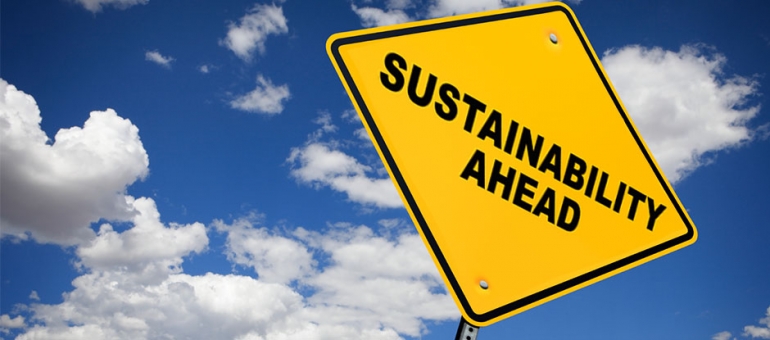What does sustainability mean in the PR business, especially when it is well known the world over that Public Relations specialists are famous for their spin? That is to give various versions of the truth, and by this I mean that sometimes some things are far from the truth! Ahem! The all-important question – is there any hope or redemption for us in this business, i.e. to become honest brokers between the all-powerful fourth estate and the equally powerful business world?
In this enlightenment era that has given birth to objective journalism, how can we manage the powers that control the message? Are PR persons expected to operate in the twilight zone of the truth? I ask this most earnestly.
This new paradigm of sustainability, which is much talked about in the business world these days, has great meaning in news and the distribution of information, where the power lies with who controls the message. Information/news dissemination has become big business and large and powerful establishments have control over what is put into public space.
The time has come to look at how the message is handled on both sides of the divide, i.e. mass media and advocacy channels, where we ask vital questions as to how much we value a level playing field in this area. This is not simply for the sake of making things look good; but simply because a level playing field in the dissemination of information and news is of vital importance for the very structure of our social environment to exist.
And at this point it is good to examine the word sustainability; something most corporates of today want to be associated with. A search on the internet led me to find that its meaning embodies “stewardship”. It says that the most popular definition of sustainability can be traced to a 1987 UN conference. Sustainable developments are defined as those that “meet present needs without compromising the ability of future generations to meet their needs” (WECD, 1987).
Robert Gillman, Editor of the In Context magazine, extends this goal-oriented definition by stating, “Sustainability refers to a very old and simple concept (The Golden Rule)... do unto future generations as you would have them do unto you.” The UN Global Compact takes it a step further, by stating that this policy (in sustainability) initiative is for businesses that are “committed to aligning their operations and strategies with 10 universally accepted principles in the areas of human rights, labour, environment and anti-corruption”. When businesses follow this policy, they can help make sure that markets, commerce, technology and FINANCE can be advanced in methods that are beneficial to economies and societies the world over.
Taking a cue from this, we need to look at how we handle the delivery of the message to this global ecosystem.
How we control this area is important, as it would be the legacy that we will be leaving behind for our future generations. Don’t we need a set of principles that are embedded in this sustainability formula when dealing with information and news dissemination? If PR is going the way Yellow Journalism did, then we are certainly going the wrong way. It is time to develop a set of industry standards. Well, that would be a start… some of them may be difficult to keep, but with a rule book we have a guiding standard to refine the profession.




